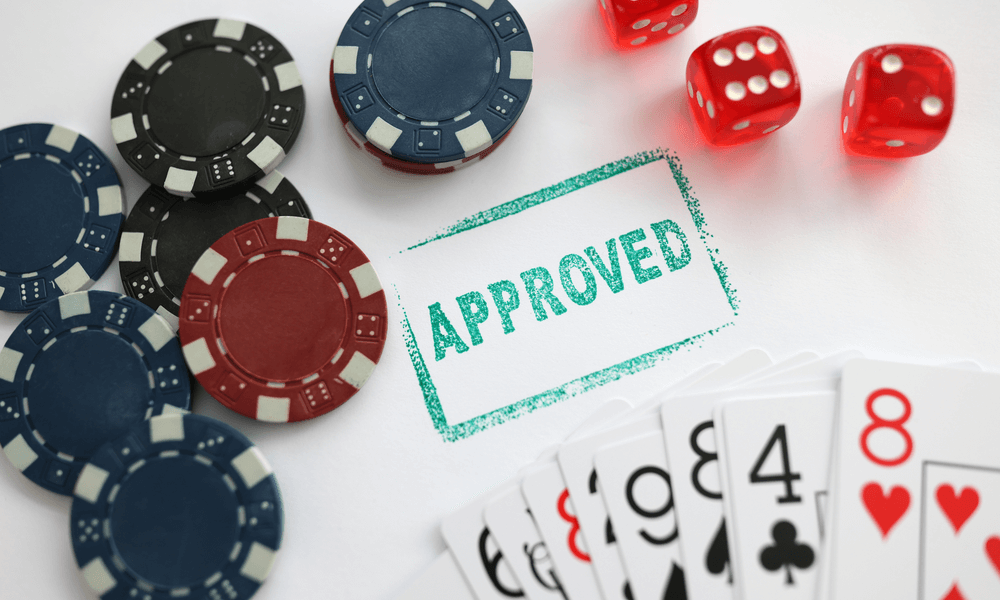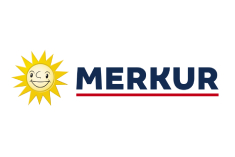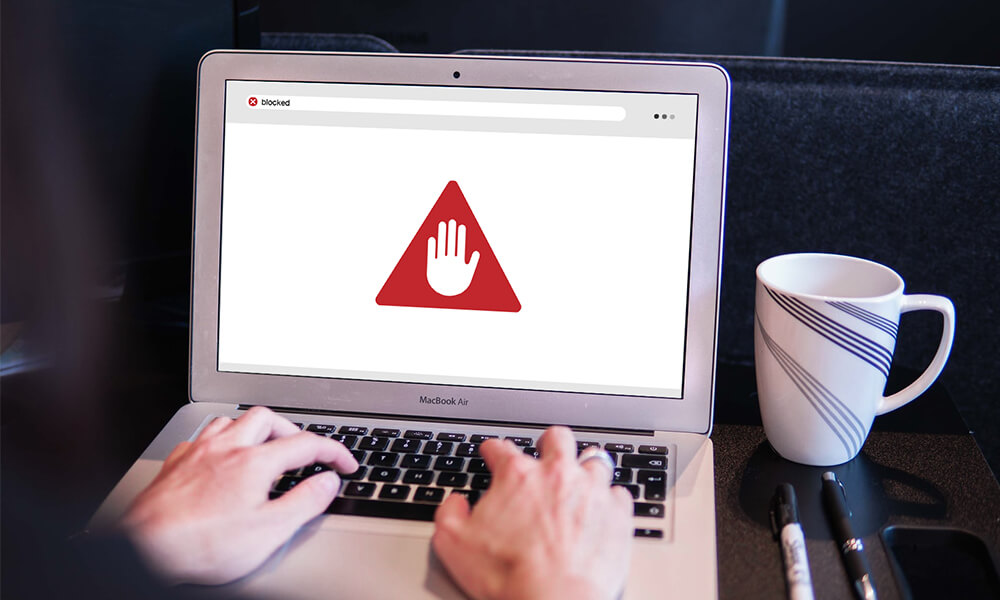Table of contents
The State Treaty on Gambling (GlüStV), which came into force on July 1, 2021, is controversial.
The new law not only pursues the goal of expanding the previously rather inadequate protection of players and minors, but is also intended to ensure that revenues from online gambling will be taxed in the future.
While in conventional gambling, the part of the income that is not distributed as a profit is taxed at around 25%, all bets in online gambling are to be taxed at a flat rate of 5.3%. This ensures that Online Casino Providers for outcry.
You can find all the information about the new law and the possible consequences of this here.
The regulatory authority in Halle
After the State Treaty on Gambling is enforced in July 2021, a new regulatory authority will be established in Halle.
This ensures that the German gambling licenses are only awarded to reputable providers and that they continue to adhere to the new regulations even after the award.
The authorities in Saxony-Anhalt should also keep an eye on all taxes and prevent fraud.
The reason for the new law
The new law comes into force out of fairness to rural-based casinos. Online casinos have competitive advantages anyway, as they can be operated with less personnel and material costs and have no closing times. In addition, unlike terrestrial playhouses, you do not have to pay the municipal entertainment tax in addition to the sales tax.
To ensure that online gambling is not preferred, all bets will henceforth be taxed at 5.3%. Effectively, this is about 5CA $ per 100CA $ use.
Possible risks of taxation
Since the new law provides for a tax rate of 5.3% of the stake, which is approximately equivalent to a 125 percent taxation of income, some online casinos may increase their Disbursement in order to continue to make economic profits.
As a result, this can drive more and more players to the black market, where they are no longer protected from fraudsters. The goal of expanding player protection is thus nullified and tax revenues do not increase, but decrease.
This was the case in France recently. So far, France has been the only EU country to carry out the operations in the Online Poker tax. Only a short time after the introduction of the new law, many players gambled on unlicensed portals. Finally, the country decided to switch to an income tax.
Some experts disagree with this thesis that taxation drives players to the black market. On the one hand, they are sure that players are aware that illegal online casinos are not legally obliged to repay their money or comply with other regulations. That someone voluntarily takes this risk is doubted.
In addition, in the future, only online casinos that Paying taxes promote yourself and enjoy further privileges. Those who do not submit to the new law run the risk of losing access to the German market. So this will rather lead to the fact that the width of the providers will voluntarily pay the tax.












